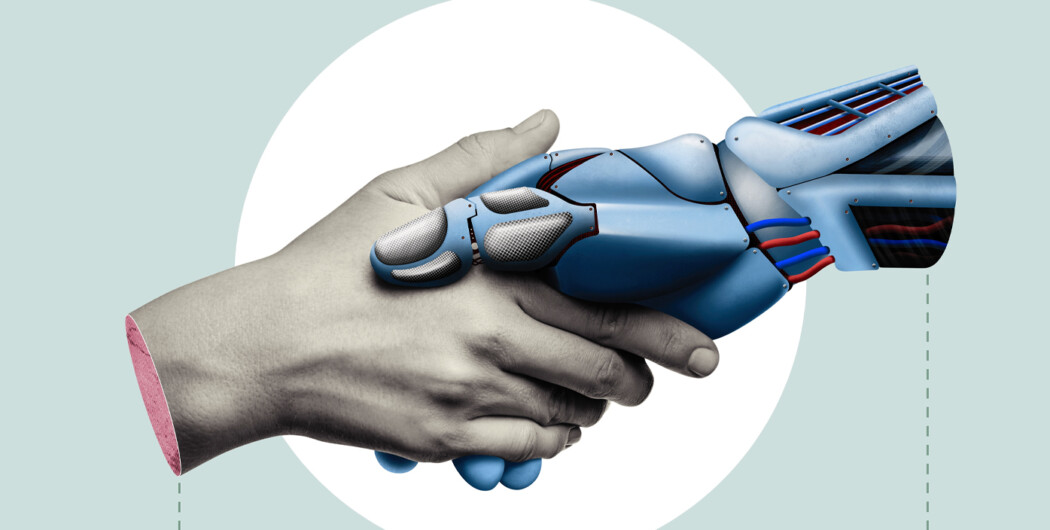

The printing press was voted the greatest invention in the past thousand years. The electric light, the automobile, and the telephone followed the lead closely. But scientists and engineers never stopped their quests to tame the physical world, and these five technologies are about to change lives.
1. Brain-computer interfaces

Brain-computer interfaces enable two-way communication between a human and a machine, but not in the way you’re familiar with. Anytime you use a smartphone or an ATM, you’re using a human-machine interface. What makes BCI different is that it doesn’t require anything but brain signals. So, you can control an application or a device using only your mind.
Initially, this field of technology aimed to help paralyzed people control their assistive devices. Other uses, like improving cognitive performance, came about later. If all works out, events leveraging BCIs in the near future.
2. Extended reality
Extended reality is the umbrella term for real and virtual environments that are amplified by computer technology and wearables. Also, you might have heard about the adjacent field called mixed reality, which refers to the overlay of the physical and digital worlds and the ability to manipulate the latter.
XR is expected to find increased implementation in various areas of life, including earning a living, meeting with friends, shopping, and even getting married. XR capabilities may make it possible to record and track human thought, enabling you to experience moments and memories from someone else’s life.
3. Quantum computing
Quantum computing harnesses the laws of quantum mechanics to calculate complex outputs. It’s much quicker and more powerful than existing computing technology, and it’s already here. The Goldman Sachs Group uses quantum computing to accomplish computations in a fraction of the time compared to traditional computers.
In the future, quantum computing may evolve into a commonplace tool in medicine, genomics, chemistry, physics, and more, solving problems that were considered unsolvable.
Here is just one example: quantum simulation will allow scientists to study groups of molecules, proteins, and chemicals at once for drug research. In the case of a typical computer, the same process would take thousands of years.

4. Gene technology

Gene technology, or genetic engineering, allows humans to make changes to genes, including direct modification, removal, and transfer from another species. For now, it’s used in cancer treatments, brewing yeasts, genetically modified plants and livestock, and more.
CRISPR gene therapy is in its early stages. But there are already promising results in thwarting a range of genetic diseases, including blood disorders and neurodegenerative diseases. Gene editing has the potential to break ethical lines, so this area requires strict regulation.
5. Decision intelligence
Decision intelligence combines data science, social science, decision theory, and managerial science. Essentially, it’s a business application of AI that simplifies decision-making.
Now, decision-makers face difficulties in the form of incomplete information, information overload, time constraints, and uncertainty. When you add machine learning algorithms into the mix, these issues become irrelevant. Technology will not only assist you in analyzing data but also sway you toward the next optimal move. It can be decisions on everything from store management to consumer affinity.
Conclusion
Some of these technologies have already taken off and had an immediate impact. Others are still being shaped and improved. In either case, technology is advancing by leaps and bounds, and these are just several examples of what is possible and how the world is going to change.






